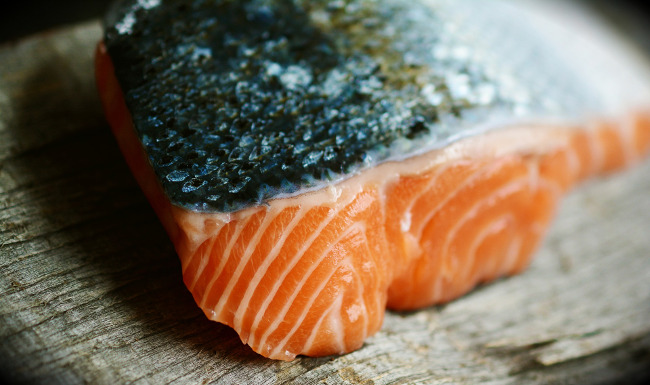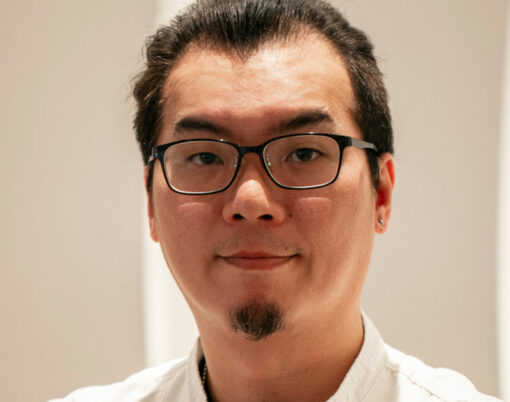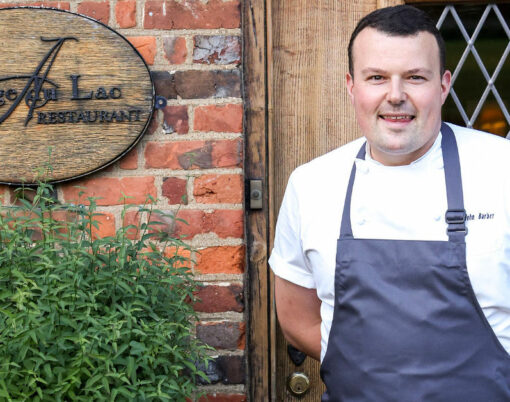Ro Huntriss, a registered dietitian with experience in both the NHS and her own private practice, shares ten things you need to know about low-carb diets.
1.) A low-carb diet may not be as ‘low’ as you think. When talking in terms of grams, under 130 grams of carbohydrate per day is considered low-carb. To put that into context, an average slice of bread only contains 15g carbohydrate!
2.) It isn’t just your starchy carbohydrates such as bread, pasta and potatoes that you need to consider, sugars are carbohydrates too. Therefore, all foods that contain natural sugar, e.g. fruit and milk, and added sugar, e.g. cakes and biscuits, also contain carbohydrate.
3.) As you can see from point number 1, you can still consume some starchy carbohydrates whilst following a low-carb diet, these do have to be completely avoided as many people think.

4.) It is not just dietary sugar that affects peoples blood sugar levels, it is all carbohydrate as carbohydrates break down into sugar. Therefore, low-carb diets can help to reduce your blood sugar levels so can be useful for people with diabetes or pre-diabetes.
5.) A low-carb diet doesn’t have to be high in saturated fats e.g. butter, bacon etc. It can be higher in protein and unsaturated fats. For example, fats from plant sources and oily fish.
6.) If following a low-carb diet you need to ensure you consume enough fibre as your fibre intake could be compromised. Have plenty of vegetables and include things like nuts, seeds and wholegrain products.
7.) A very low-carbohydrate ketogenic diet has been used as a successful management strategy of epilepsy in children for many decades.
8.) A low-carbohydrate diet can help you to lose weight successfully.

9.) Tips to sticking to low-carb in the long term include: plan ahead, have plenty of low-carb meal and snack ideas and ensure you are well-supported by a dietitian or an approved programme or diet plan.
10.) Remember that low-carbohydrate diets may not be suitable for everyone. If you are pregnant, breastfeeding or have an existing medical condition, seek advice from your GP before embarking on any diet plan.
Ro holds two Masters degrees in Advanced Nutrition and Clinical Research and her expertise lies in translating scientific data into easy-to-understand information to help people to achieve their nutritional goals. A published author and expert in low-carbohydrate diets, Ro is also Consultant Dietitian and Expert for the TerriAnn 123 Diet Plan.






















